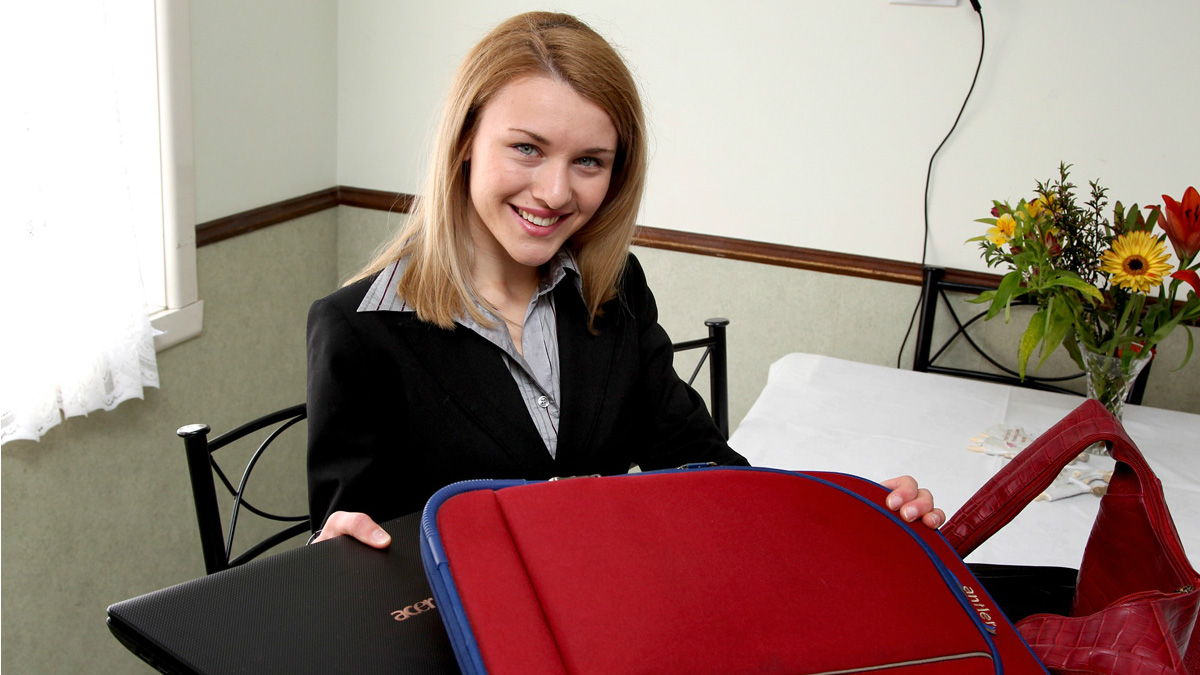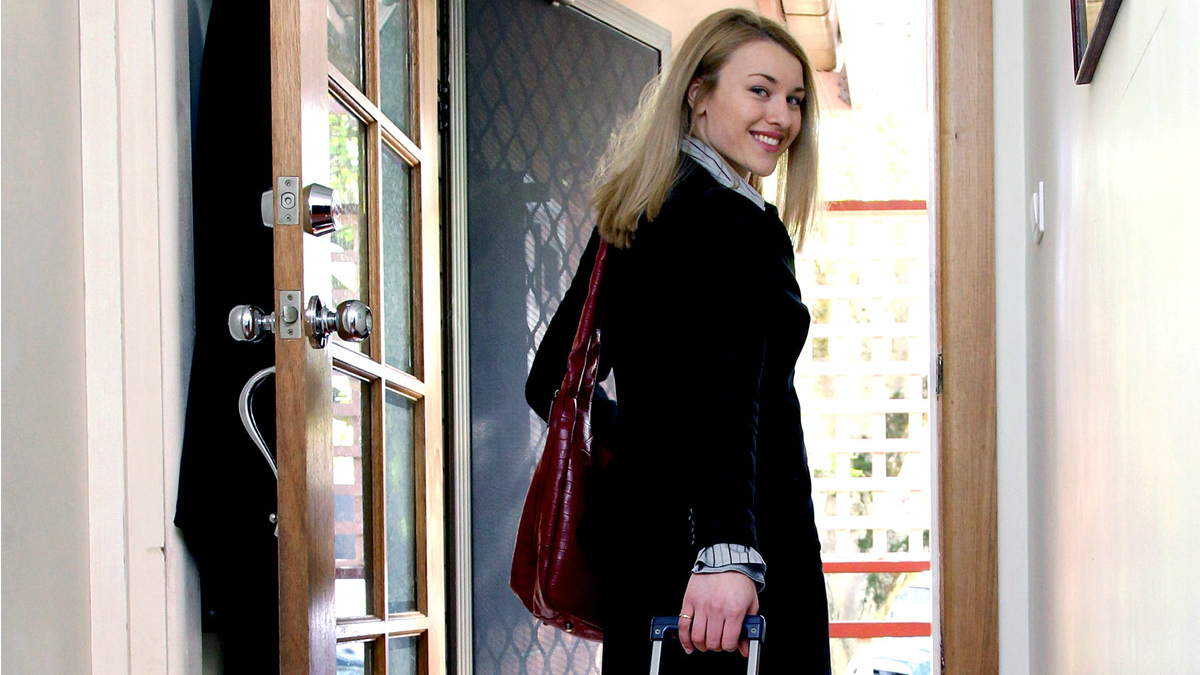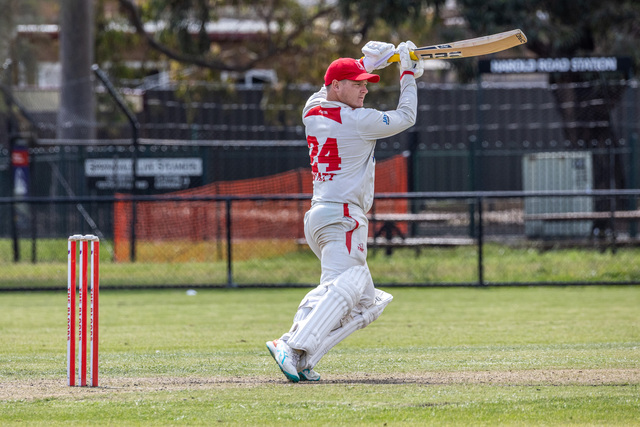By CAMERON LUCADOU-WELLS
COMMERCE student Dorotea Horina has some of the world’s biggest problems on her mind as she travels from Dandenong North to Geneva.
Ms Horina will join six others at the World Trade Organisation’s public forum in Switzerland this month. They form the youth delegation selected by Australian not-for-profit group Global Voices.
The Swinburne University student will be rubbing shoulders with representatives of 157 governments, non-government organisations, academics, the World Wildlife Fund and The Economist, as they consider whether multilateral trade still works.
Ms Horina has just returned from a meeting with political heavies in Canberra, including Kevin Rudd, Foreign Affairs Minister Bob Carr, Trade Minister Craig Emerson and Opposition Leader Tony Abbott.
At the WTO forum, she hopes to meet United Nations Secretary-General Ban Ki-moon. Far from being star-struck, Ms Horina is consumed by weighty matters. She will be taking part in debates on international trade, and is writing a research paper to be published by Global Voices looking at the implications of food security and future implications for Australia and developing countries.
With debate already raging about multinationals buying Australian farmland, it’s not hard to see it becoming a crucial question.
“Australia would tend to encourage foreign ownership because it brings in more capital into the country, which results in more money being put into the industry for greater productive yields,” she said.
Australia had prospered from bilateral trade agreements with single countries as well as from the more protracted multilateral talks with large groups of nations. But the system wasn’t working in developing countries, where 50 per cent of income was spent on food. There needed to be more access to global food supplies, Ms Horina said.
“I’d love multinational corporations to put more into the developing countries rather than going there for maximum profits.”
She has visions of working for Australia’s trade department or for the United Nations. In the end, it’s about helping people. But how do we succeed in solving such entrenched world problems? “It comes down to cultural issues and responding to each other.”








